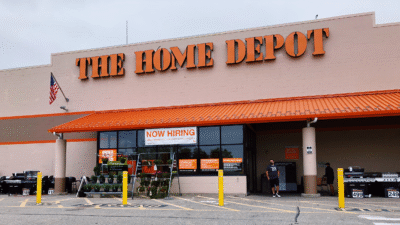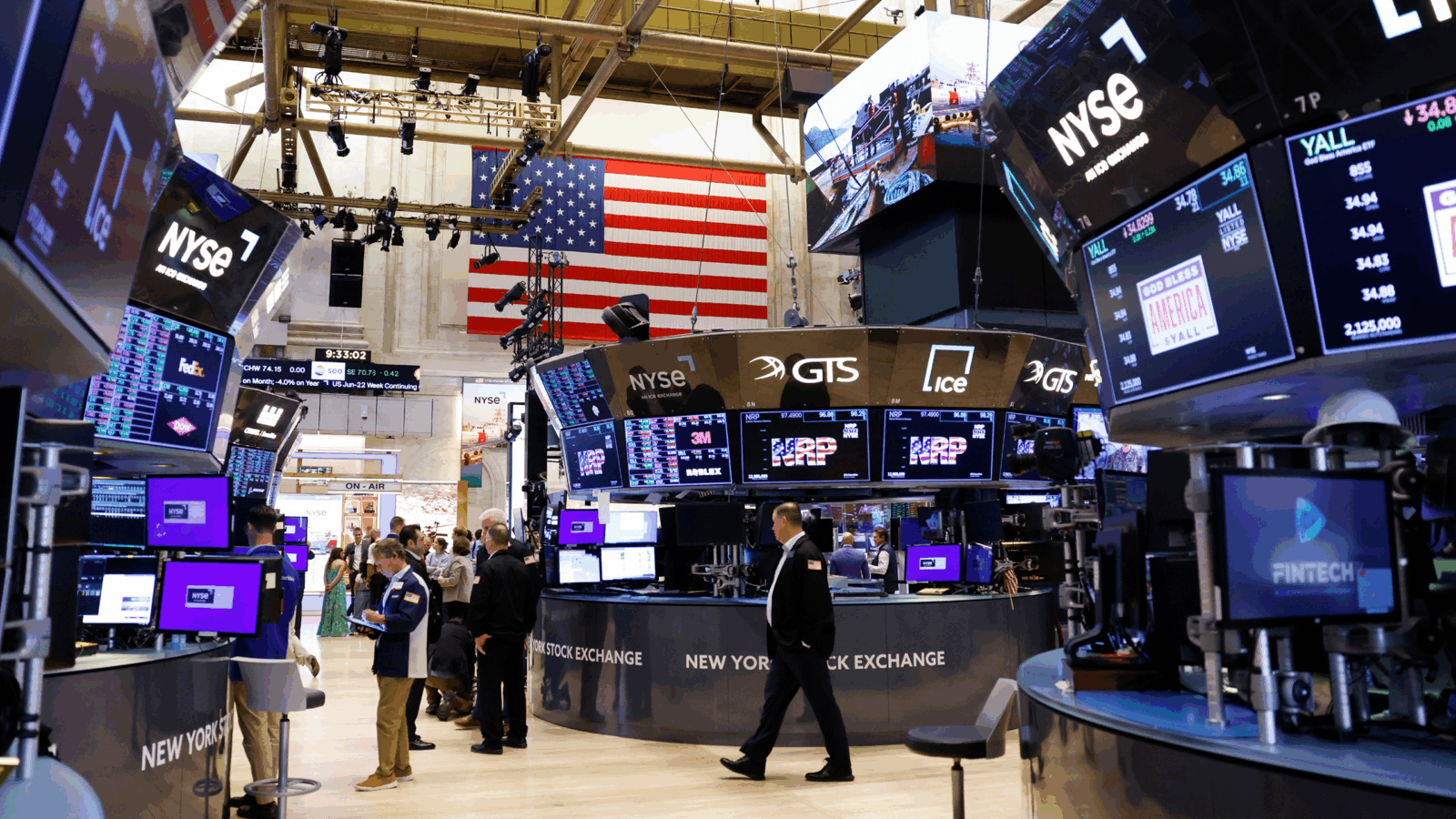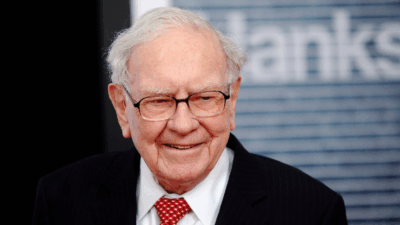
Sign up for smart news, insights, and analysis on the biggest financial stories of the day.
Add child-care to the list of industries crawling back from the pandemic.
Over 20% of child-care center capacity in the US has closed since March 2020, and The Wall Street Journal reported this week that more than half of those — most of which are small businesses — may never reopen. But as parents start returning to the office, big national chains are swooping in to fill the void.
The Kids Aren’t Alright
Despite being a $40 billion+ industry, child-care has long been the domain of mom-and-pop — according to analysts, small local chains and single-site businesses make up roughly 95% of the industry.
But social-distancing-minded capacity reductions and a work shortage have decimated independent operations. After weathering a brutal 2020, Big Daycare is now stepping in to pick up the slack — along with the remaining blocks, toy cars, hula hoops, and See ’n Says:
- Learning Care, the second-largest for-profit daycare chain in the U.S., has acquired 80 new locations — capable of serving 150,000 additional children.
- After a 26% year-over-year revenue dip in 2020, KinderCare posted a profit through the nine months leading to October and is currently planning to take its 2,000-location company public at a $3 billion valuation on November 18.
The Nanny State: The federal government has spent roughly $50 billion on child-care since last spring, and the Biden administration isn’t looking to stop there. On its agenda: more funding for universal pre-K and tax credits for businesses that construct on-site child-care spaces. Soon, every day may be take-your-kid-to-work day.
Stay at home, Mom? Mom’s have been particularly absent from the workforce in the past 18 months — and that’s decreasing the need for full-time child-care. According to census data, more than 3.5 million mothers of school-aged kiddos have been laid off, taken leave, or otherwise left the labor market entirely.











